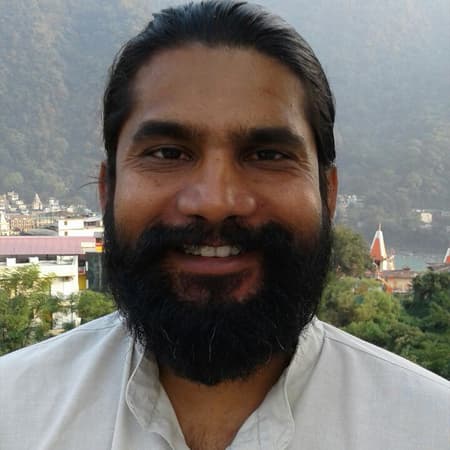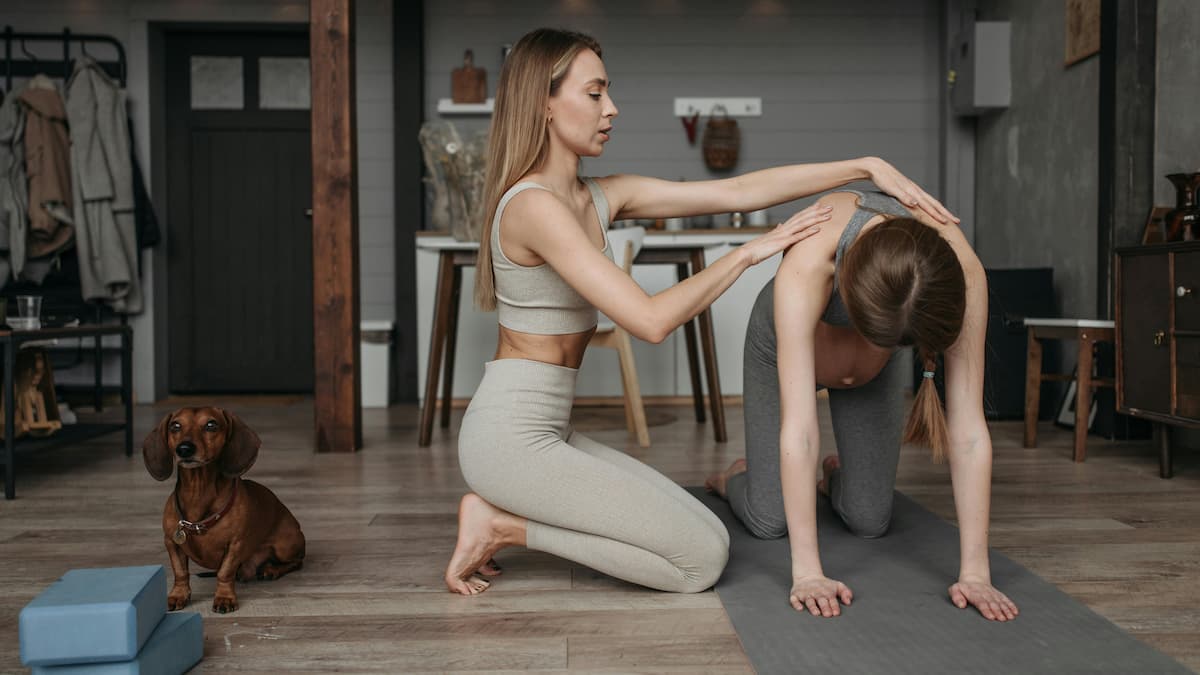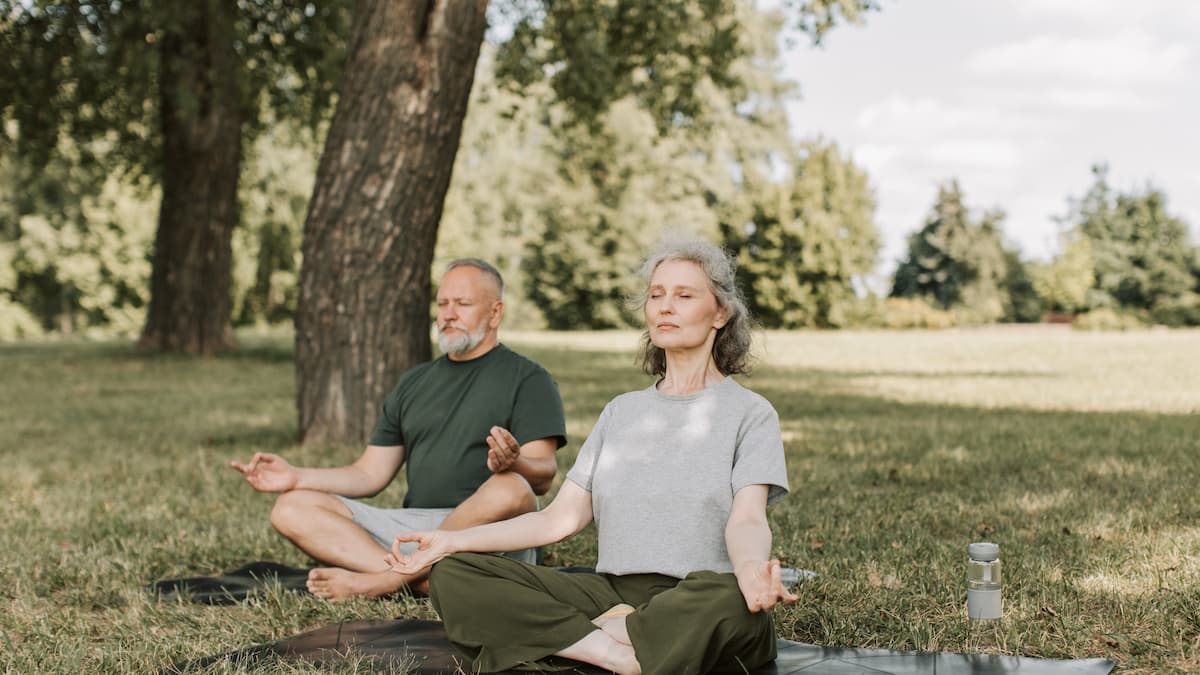Overview
Does Meditation help to manage stress and anxiety?
Recently, Meditation becomes one of the most popular methods of stress relief among people from all walks of life. Many important applications can be made of this age-old practice, which comes in a variety of forms and can be combined with a variety of spiritual practices, or practiced alone.
How to practice meditation?
Concentrating on one thought while clearing your mind of all others is what meditation is all about. It involves sitting in a comfortable position and clearing your mind of all other thoughts. The focal point may be a sound, such as “room,” your breathing, numbering, a mantra, or nothing at all. A common thread running through all of the various spiritual practices is that the mind ceases to follow each new thought that arises.
It is usually appropriate to have at least five to twenty minutes free of distractions available to devote to meditation. However, the sessions can last for any length of time they wish to. The benefits of longer meditation sessions are generally more significant. Yet it is normally best to begin slowly to maintain the practice over the long term if possible.
Stress and Meditation
Throughout the day, our bodies respond instantly to stress in ways that plan us to fight or flee the situation. This is the Stress Response, also known as the Fight-or-Flight Response, that your body is going through. This physical response can be beneficial in some situations of extreme danger. However, being in this state of agitation for an extended period causes physical harm to every part of the body.
Meditation has an effect on the body in the exact opposite way that stress does. It induces the body’s relaxation response, as opposed to the stress response. It helps the body to return to a state of calm, allowing it to repair itself. Also, it prevents new damage caused by the physical effects of stress. It can calm both your mind and body by reducing the number of pressure feelings that maintain your body’s stress response triggered and active.
Anxiety and Meditation
When we are fully present, aware of where we are and what we are doing, we are not overly reactive or overwhelmed by what is going on around us. Mindfulness is the most fundamental human ability.
Distinguished expert Jon Kabat-Zinn defines mindfulness.
Mindfulness is the awareness that emerges through paying close attention, on purpose, in the current moment, non-judgmentally in the provider of self-understanding and wisdom
Jon Kabat-Zinn
By becoming present in the moment, you gain access to resources that you may not have realized which were available to you all along. For instance, a deep sense of stillness in your heart. A state of consciousness is just having a healthy understanding of what you need and don’t need in your life. However, while you could not be able to change your circumstances, mindfulness practice provides the opportunity to alter your response to those circumstances.
How Does Meditation Help to Manage?
Through meditation, we become more familiar with the thoughts and storylines that cause us to feel anxious. We learn to recognize them, sit with them, and then release them. As a result, we learn two important lessons: feelings do not describe us, and thoughts are not true. We are able to gradually alter our relationship with anxiety. As a result of this newfound perspective, distinguishing between what is an unreasonable episode and what is actually true.
The Anterior Cingulate Cortex is the part of the brain that regulates thinking and emotion. It is the primary region that is thought to be responsible for a reduction in anxiety. These findings provide further evidence that mindfulness meditation can help to reduce anxiety by affecting mechanisms that are implicated in self-referential thought processes, according to the researchers. It is possible that the failure to handle self-referential thoughts was the cause of the increased anxiety in the subjects who showed more default-related action i.e. Posterior Cingulate Cortex.
Takeaway
Though modern medicine offers some solutions, they often come with side effects. But, meditation helps in managing them without any side effects. Hence, anyone who finds stress and anxiety interfering with their daily life can manage them by resorting to the practices of meditation, Yogasana, and breath control techniques.

Bipin Gyan left his home at an early age to explore the roots of meditation in the Himalayan mountains. He practiced yoga and meditation along with kriyas and pranayama to purify and connect. Since 2008 he has been sharing his gained wisdom with international yoga practitioners from all over the globe. He now teaches mostly in Rishikesh, India.



